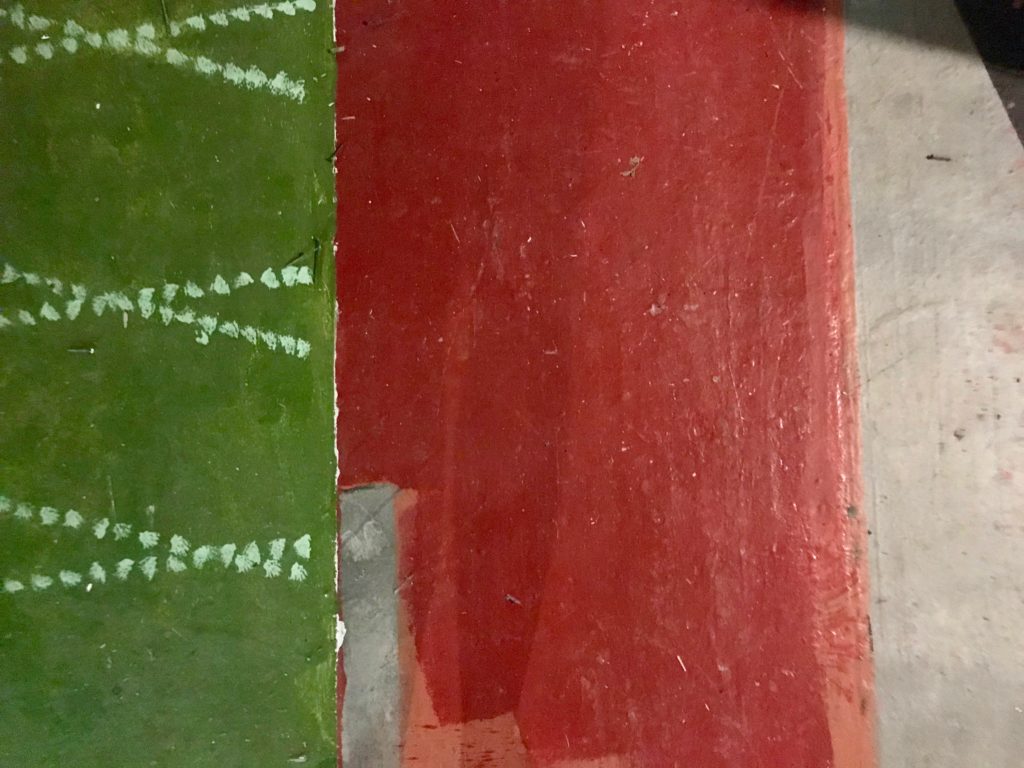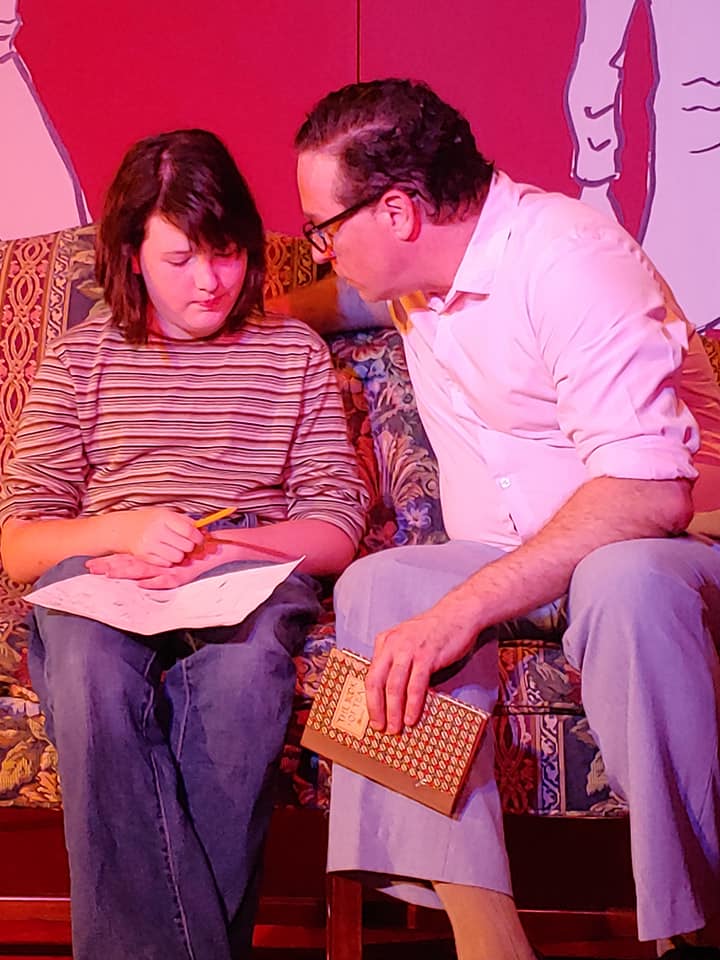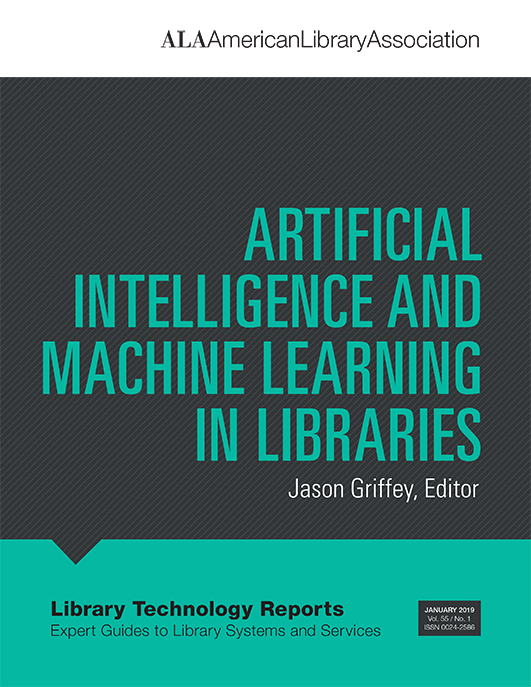When Eliza decided 4 years ago that she wanted to spend her life on stage, I had no idea that what would end up happening is I would come to love theater as well. While she’s performed onstage in productions of Lion King, Seussical, Oliver, Annie, Sweeney Todd and even Cabaret, I’ve been busy off-stage designing and running sound for a number of those same shows, building props, running lights, and generally being an overly-involved theater dad.
One of our local theaters, the Murfreesboro Little Theater, was just condemned by the City of Murfreesboro. The original core of the building was built by the Works Progress Administration in 1939 as a log cabin for local Boy Scouts. While it’s been added on over the years, you could still see the original hand-hewn logs in the main room of the theater.
This is the theater where Eliza performed as Little Alison in the musical Fun Home earlier in the year. I don’t think I can adequately explain how important the role was to her, and how much she grew as an actor by being in it. I loved every single second of seeing her in it, wondering at how strong and capable she was, playing a part that was so emotionally and physically difficult. I think I saw it a half-dozen times, and I cried every single night.
Because of Eliza, I’ve learned a lot that I never knew about theatre the art, and theater the buildings necessary for doing the art. One of my favorite things about theaters is the transformation, the ability of a place to become somewhere else time and time and time again. To achieve this takes work, and skill, and artistry.
Today as I walked across the floor of the MLT for what was likely the very last time, I looked down, and saw this.

This is the floor of the theater, but it’s so much more than that. The floor of most theaters is painted for every show, years and years and years of places and people and performances layering themselves under foot. The above image shows what’s likely to be the last two shows ever performed on this particular stage, the green patterned formality of Little Foxes, over the blood-rich red from Fun Home. Under Fun Home are more layers and layers, The Pillowman and Cabaret and Sylvia, just this season. Dozens and dozens of stories hiding underfoot, hidden except for the memories of the people that were there.
I’m thrilled that Eliza was able to be a part of one of the layers. I know that she (and I) will carry the memory of the place with us long after it is gone.









